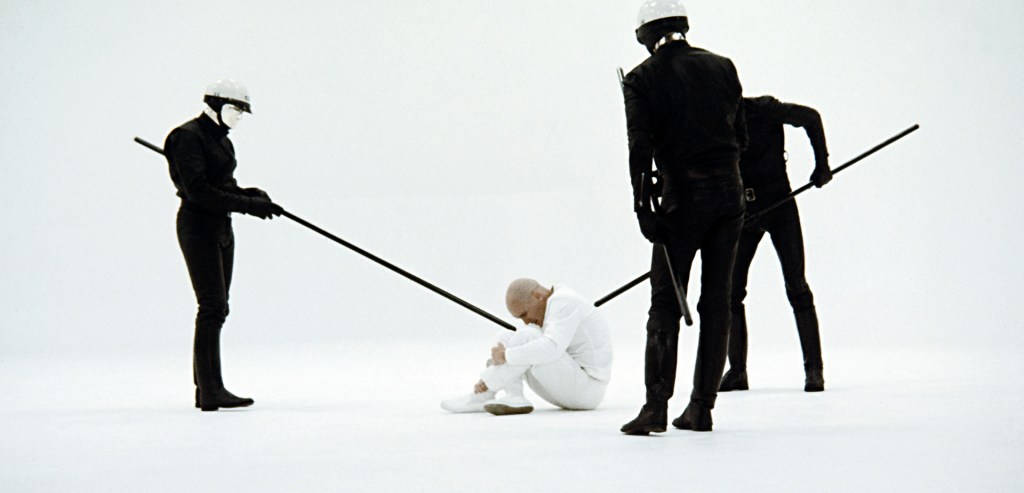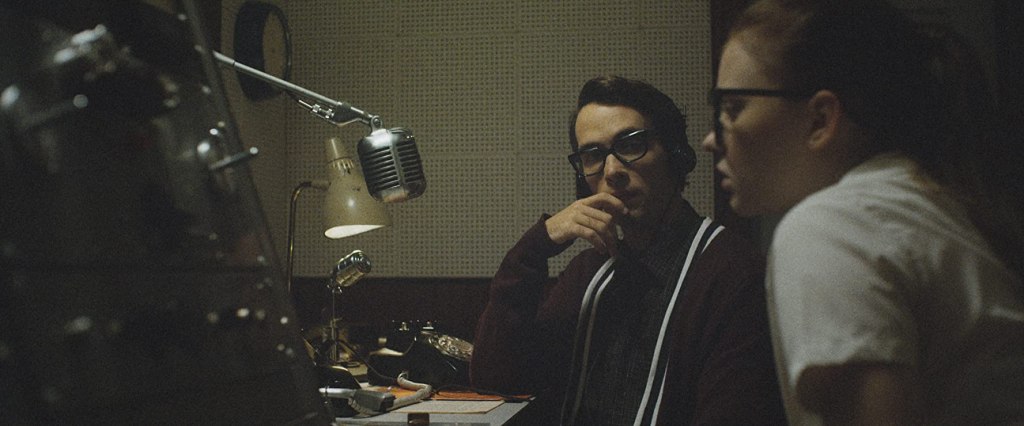The polymathically prodigious Samuel R. Delany (who turned 80 this week) published several novels by the time many people have yet to graduate from college, re-orienting the entire field of science fiction just as it was entering its great period of 1960s experimentation. He kept that going for decades, knocking out everything from space opera to dystopia to memoir.
In a recent piece for The Yale Review, Delany tried to answer the question of why he writes. He had several takes, ranging from wanting to read the books he could not find, to because it was fun, to enjoying the erotic imagination, and dealing with the certainty of death.
But one of his most salient points comes in this anecdote about Michelangelo agreeing to take an art-besotted baron to a tavern where all the artists hung out:
After three evenings, the lord said, “But all I hear among these men is talk of stone and chisels and files, gesso and tempera and pigments. I expected to hear talk about beauty, the truths that we learn when we gaze up at their works, the perfection that they create for us. Why do they waste their time talking about these trifles?”
Michelangelo answered, “But perfection is the sum of trifles, and perfection, my lord, is no trifle!”
Nearly everything writers do, from researching conversational patterns in nineteenth-century Turkey to deleting commas, is in a way trivial.
But that’s the only way to get close to perfection.
















You must be logged in to post a comment.